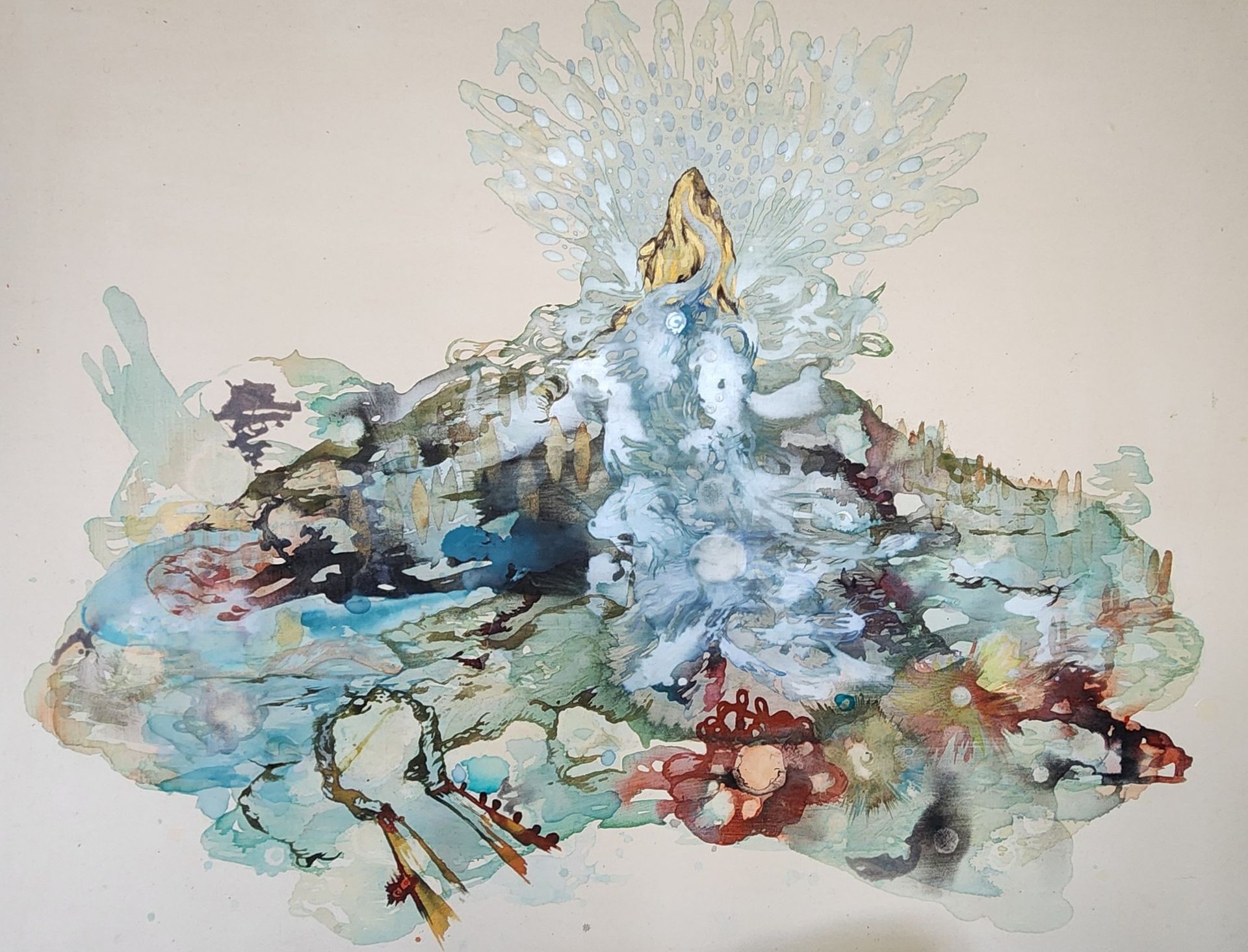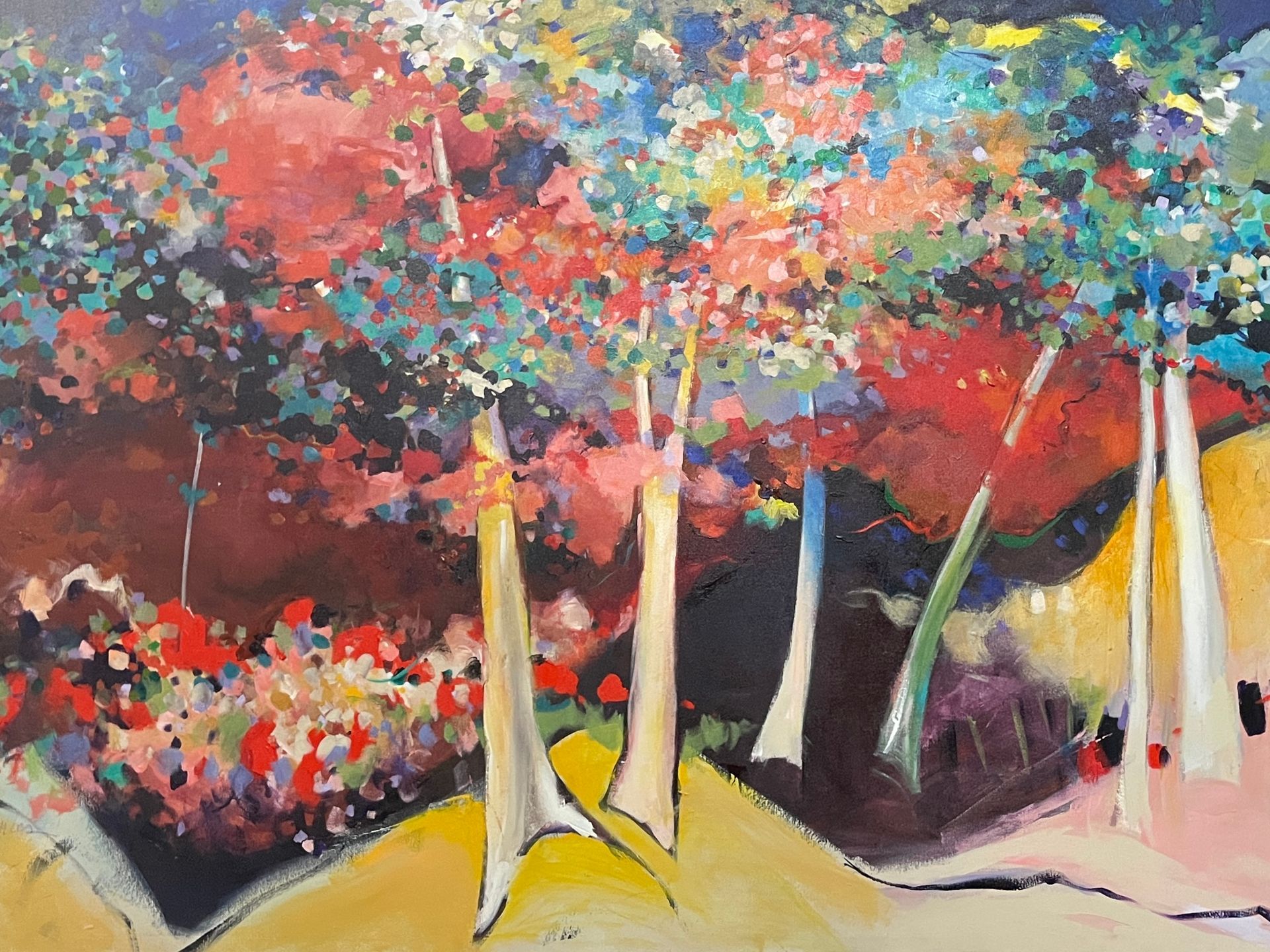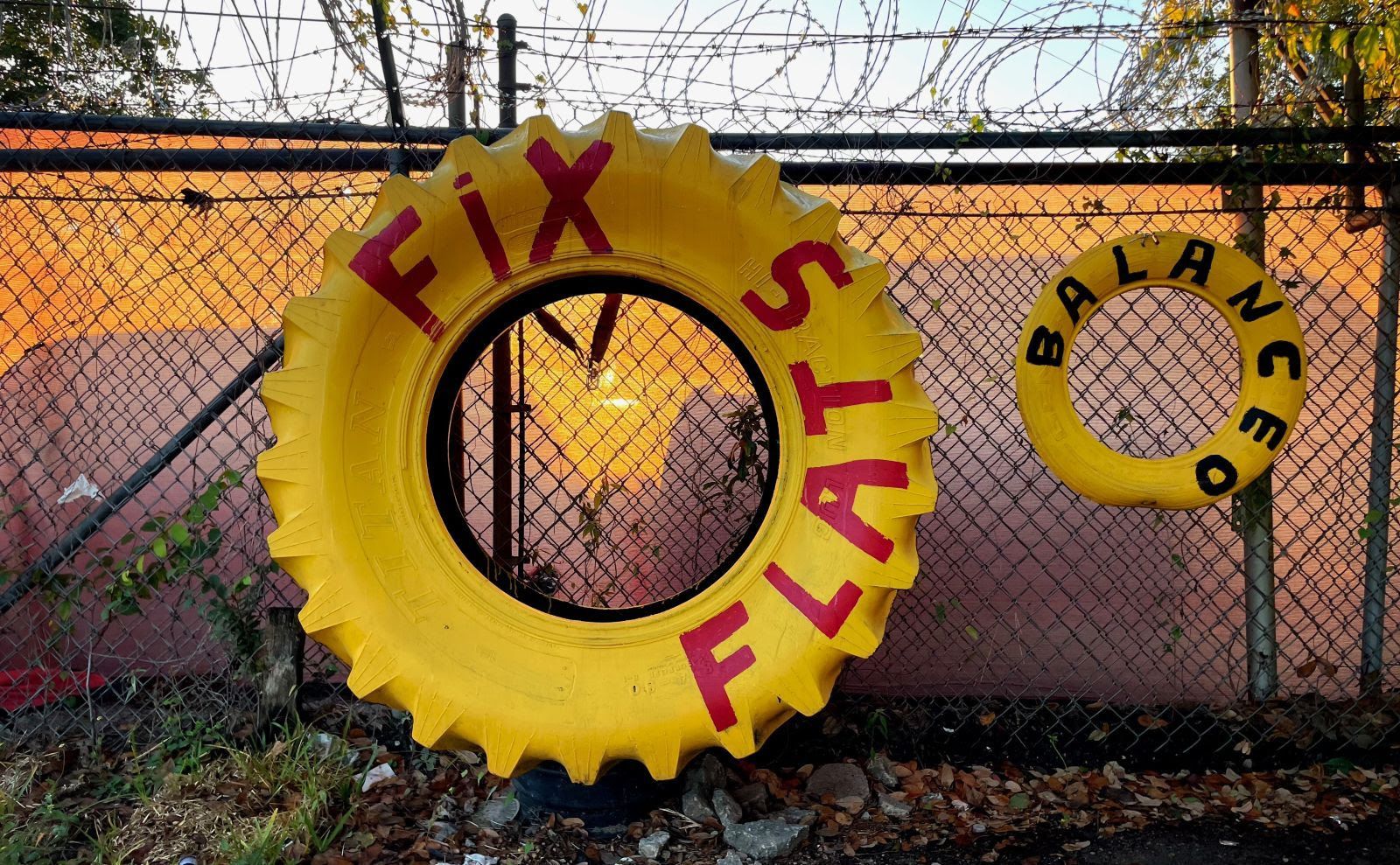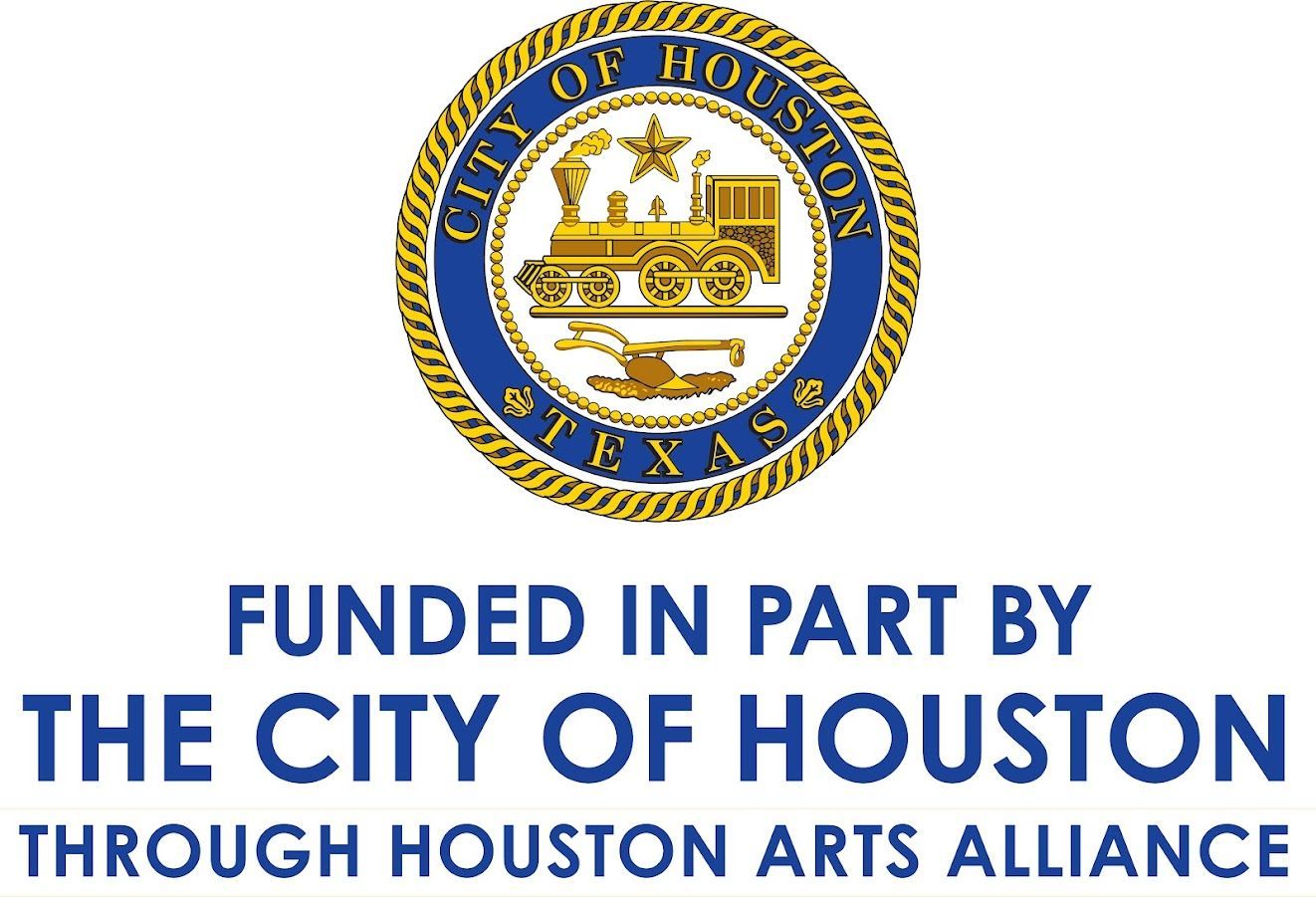Remembering a Friend. And Announcing the MaryBeth Smith Memorial Fund
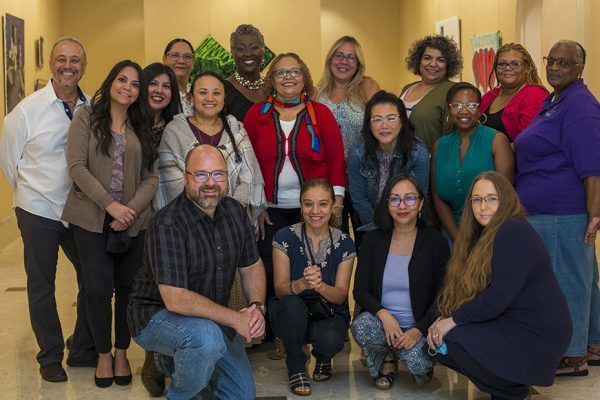
Remembering a Friend. And Announcing the MaryBeth Smith Memorial Fund.
July 12, 2022
Friends,
Two years ago this week, MaryBeth Smith died unexpectedly. She had been part of our community for decades, a Feldenkrais teacher and delightfully funny bonne vivante* and activist who filled our building with joy. Also, from time to time, she would hit us with unfiltered truth bombs that would have hurt if they weren't so helpful and, well, true. A couple of months before her death, I received one of these, a loving critique of an online class I'd just launched on Camus' novel The Plague. The content, she wrote, was great. The problem was the saggy packaging, which wasn't built for online attention spans. I followed her advice to the letter for the rest of the class, and it was much better for it. It was so MaryBeth: enthusiastic, caring, and insistent that we grow.
As a way of honoring her, last year Terry Huffington and the Huffington Family Foundation made an extraordinary gift of $500,000 to The Jung Center's Mind Body Spirit Institute, to create a fund in her honor to which anyone can contribute. The MaryBeth Smith Memorial Fund will allow us to develop and deliver programming for healers serving marginalized communities who are themselves members of marginalized communities.
MaryBeth was a fierce advocate for those systematically marginalized by the community; she was a longtime ally of the LGBTQIA+ community, and readers of her obituary were encouraged to make donations to Black Lives Matter, among other organizations (including The Jung Center). As I sat down to write this note today, I pulled up our years of correspondence, to connect with her again. In a startling synchronicity, the last email I received from her, barely a month before her death, proposed creating a scholarship fund specifically for people of color to attend Feldenkrais classes at The Jung Center: "The benefit to the Jung Center is more programming resources, actively making opportunities for POC to participate, evolving into an ever-more inclusive space, not just in what we say, but in who walks in the door (or checks in online.) The Feldenkrais Community in North America is 99.7% white. Such an action benefits me, because I want Feldenkrais work to truly be universal, and we can't get POC into positions of leadership without having them experience it." She pledged the initial contribution to launch the fund: $500, itself a touching synchronicity.
On Friday, MBSI concluded a nine-month professional training program with BIPOC staff from Houston Area Women's Center, thanks to a grant from The Rockwell Fund. We took the picture above in our gallery. Taught by MBSI Founding Director Alejandro Chaoul, Rev. Juanita Rasmus of St. John's United Methodist Church, and myself, it serves as the model of the kind of programming we intend to continue in MaryBeth's name, a cross-disciplinary conversation across differences about what matters most in our lives. The focus was on developing self-care tools and perspectives to build communities of care in some of the most demanding work conditions imaginable, with some of those most in need of support. We confirmed today that the staff of Bread of Life, Inc., a nonprofit (led by a Black woman) working to reduce food insecurity and improve health outcomes, will host the next training program in this series, the first to be made possible by the MaryBeth Smith Memorial Fund.
We miss you so much, MaryBeth. We remain honored to serve your values and changed by your faith in us.
If you would like to make a contribution to the MaryBeth Smith Memorial Fund, you can do so by following this link -- and selecting "In Honor Of" or "In Memory Of" and entering her name. We will take care of the rest: https://junghouston.org/add-donations-or-memberships/
*So described by her daughter, Abby Whitmire, in one of the best obituaries I've ever read: legacy.com/us/obituaries/houstonchronicle/name/marybeth-smith-obituary?id=12852439
Warmly,
Sean Fitzpatrick
Executive Director
The post Remembering a Friend. And Announcing the MaryBeth Smith Memorial Fund appeared first on The Jung Center of Houston, Texas.
Share
Recent Posts
